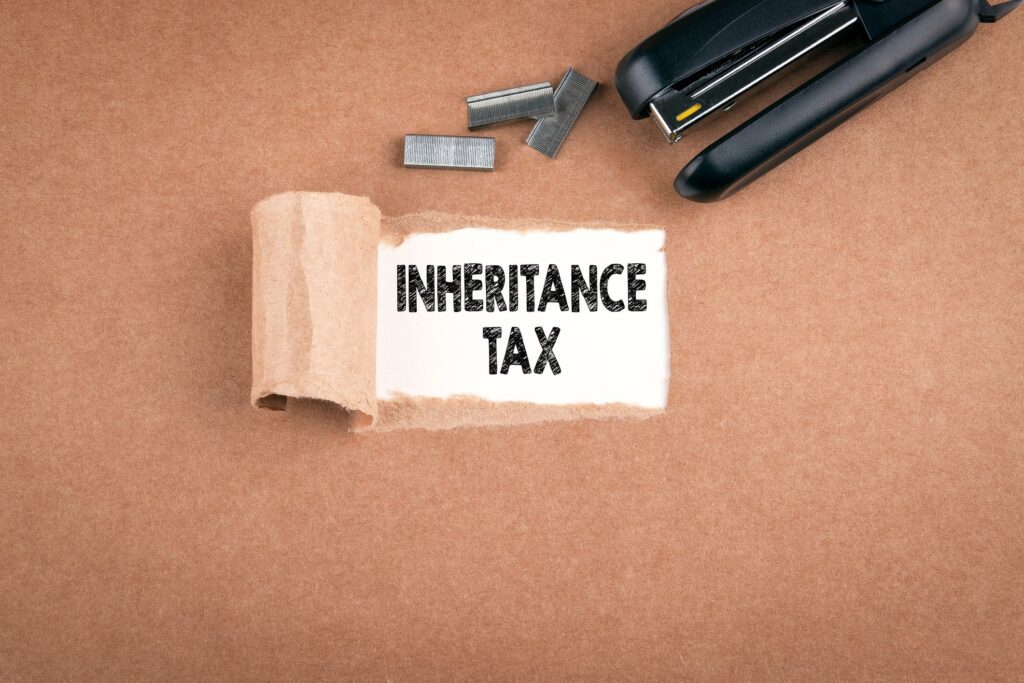The Court of Protection, a specialised UK court, makes decisions for individuals who lack the mental capacity to do so themselves. While its role is vital in safeguarding the vulnerable, it often finds itself in the middle of deeply emotional and controversial debates. In this blog, we’ll explore how the Court operates, who it serves, and the ethical questions it raises by looking at a high-profile case that shook the nation.
What Does the Court of Protection Do?
The Court of Protection is tasked with making critical decisions on behalf of individuals who can’t do so due to mental incapacity. These decisions typically fall into a few key areas:
- Financial Matters: Managing finances, such as paying bills or handling property.
- Personal Welfare: Deciding on healthcare, living arrangements, and personal care.
- Serious Medical Treatment: Ruling on life-sustaining treatments and other major medical decisions.
- Appointing Deputies: Assigning individuals (often family members or professionals) to make long-term decisions.
Who Needs the Court of Protection?
The court steps in when individuals are unable to make decisions due to conditions such as:
- Dementia: A progressive cognitive decline.
- Severe Learning Disabilities: Intellectual impairments that affect daily functioning.
- Brain Injuries: Traumatic events that hinder mental capacity.
- Severe Mental Health Issues: Conditions that interfere with decision-making abilities.
A Notable Case in the Court of Protection: Understanding Its Impact:
One of the most debated functions of the Court of Protection is its authority over life-sustaining treatment decisions. A case that captured global attention was that of baby Charlie Gard. Suffering from a rare genetic condition, Charlie’s parents wanted to try an experimental treatment in the US, but his doctors advised against it, stating the treatment would not improve his condition and could cause more suffering. The Court of Protection sided with the medical professionals, ultimately allowing the withdrawal of life support.
This decision sparked a heated public debate. Should the court have deferred to the wishes of the parents? Or was the medical judgment in Charlie’s best interest? The case raised difficult questions about the limits of parental rights, medical ethics, and the role of the courts in deciding a person’s fate.
Why Is the Court of Protection So Controversial?
While the court’s role is essential, it often walks a fine line between protecting individuals and making decisions that some may view as overreaching. Life-or-death matters, such as those involving the withdrawal of life support, amplify these ethical dilemmas. Families, medical professionals, and the legal system can have conflicting views about what constitutes the “best interest” of an incapacitated person.
Final Thoughts: Can We Help?
The Court of Protection plays a crucial role in making difficult decisions, but these situations can feel overwhelming, especially for families navigating such sensitive matters. If you’re facing a similar challenge—whether it’s appointing a deputy, managing someone’s financial affairs, or dealing with life-sustaining treatment decisions—having expert legal advice is essential.
At Aristone Solicitors, our team of experienced solicitors can help guide you through the process, ensuring that your loved ones’ interests are protected. We understand how complex and emotionally charged these cases can be, and we’re here to provide clear, compassionate, and practical legal support.
If you need advice or assistance with the Court of Protection, please don’t hesitate to reach out. Contact us today to discuss how we can support you during this challenging time.
- Luton, dial +441582 383 888.
- London, dial +442034 393 888.
- St Albans, dial +441727 519 888.
Alternatively, if you’re reaching out outside of our business hours (9am to 5.30pm Monday to Friday, excluding bank holidays), or prefer written communication, please use our contact form. We will respond promptly within 1 working day.
__________________
FAQs: Court of Protection & Deputies
1. What is the Court of Protection?
The Court of Protection is a UK court that makes decisions for people who cannot make decisions for themselves due to lack of mental capacity (such as someone with dementia, a brain injury, or severe learning disabilities).
2. What is a Deputy?
A deputy is someone appointed by the Court of Protection to make decisions on behalf of a person who lacks the mental capacity to make those decisions themselves. Deputies are usually family members or trusted individuals.
3. Can a Family Member be a Deputy?
Yes, a family member can apply to be a deputy. The court often prefers family members since they know the person well and are likely to act in their best interest.
4. What Types of Decisions Can a Deputy Make?
There are two main types of deputies:
- Property and Financial Affairs Deputy: They manage the person’s money, such as paying bills, selling property, and handling bank accounts.
- Personal Welfare Deputy: They make decisions about the person’s health, care, and living arrangements (although this type of deputy is less common).
5. How Do You Apply to Be a Deputy?
To apply, you need to complete an application form and send it to the Court of Protection. You’ll need to explain why the person needs a deputy and why you are suitable for the role. The court will review your application and decide whether to appoint you.
6. How Long Does It Take to Become a Deputy?
The process can take several months, typically between 4 to 6 months, depending on the complexity of the case and how quickly all documents are submitted.
7. What Are a Deputy’s Responsibilities?
A deputy must always act in the best interests of the person they represent. They should:
- Make decisions that benefit the person’s health, welfare, or finances.
- Keep proper records of the decisions they make.
- Report to the Court of Protection regularly.
8. Can a Deputy Make All Decisions?
No, some decisions, like making or changing a will, are too important and require the court’s approval. Deputies must also follow certain rules, such as never using the person’s money for their own benefit.
9. What Happens if There’s No Deputy?
If someone lacks mental capacity and there is no deputy, the Court of Protection can step in to make one-off decisions. However, having a deputy allows for ongoing decisions to be made without returning to court every time.
10. Do Deputies Get Paid?
Family members acting as deputies are usually unpaid, though they can claim reasonable expenses (like travel costs). Professional deputies, like solicitors, may charge for their services.
11. Can a Deputy Be Removed?
Yes, if a deputy isn’t acting in the best interest of the person, the Court of Protection can remove them and appoint a new one.
12. What is Mental Capacity?
Mental capacity is the ability to make your own decisions. If someone cannot understand information, weigh it up, and make a decision, they may lack the capacity for that decision.
13. What If I Don’t Want to Be a Deputy?
If you don’t feel comfortable being a deputy, you don’t have to accept the role. The Court of Protection can appoint someone else, like a professional deputy, if necessary.
Need Help with the Court of Protection or Deputyship?
If you’re unsure about the process or need guidance, feel free to contact us for expert advice. We can help you through the process and ensure the best outcome for your loved one.



